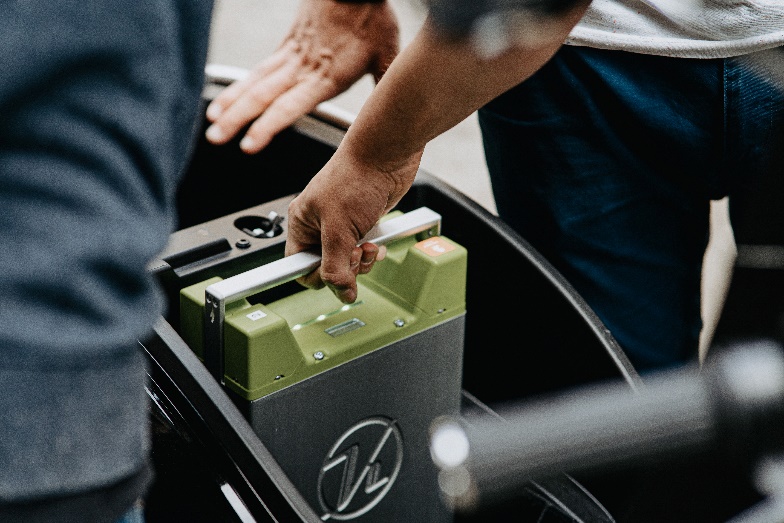WHAT ARE L-ION BATTERIES?
There are several different types of lithium-ion batteries, including lithium cobalt oxide, lithium iron phosphate, lithium manganese oxide, and lithium nickel manganese cobalt oxide. These different types of lithium-ion batteries have different chemical compositions and characteristics, which make them suitable for different applications.
For example, lithium cobalt oxide batteries are typically used in small electronic devices, such as smartphones and laptops, because they have a high energy density. In contrast, lithium iron phosphate batteries are known for their long lifespans and are often used in electric vehicles and solar energy storage systems.
Where ARE L-ION BATTERIES Used?
Lithium-ion batteries are used in a wide range of applications, including portable electronic devices, electric vehicles, and energy storage systems. They are particularly common in small electronic devices, such as smartphones, laptops, and tablets, because they have a high energy density and can be charged and discharged many times without losing their performance. Lithium-ion batteries are also used in electric vehicles because they are lightweight and can provide a high amount of power, which is necessary for powering the vehicle’s electric motor.
Additionally, they are used in large-scale energy storage systems, such as those used in renewable energy installations, because of their long lifespan and ability to store a large amount of energy.
Lithium-ion batteries are commonly used in electric vehicles because they are lightweight and have a high energy density, which allows them to power the vehicle’s electric motor efficiently. They are also able to be charged and discharged many times without losing their performance, which is important for a vehicle that is used frequently. In addition, lithium-ion batteries have a relatively long lifespan, which means they can provide reliable power to the vehicle for many years.






